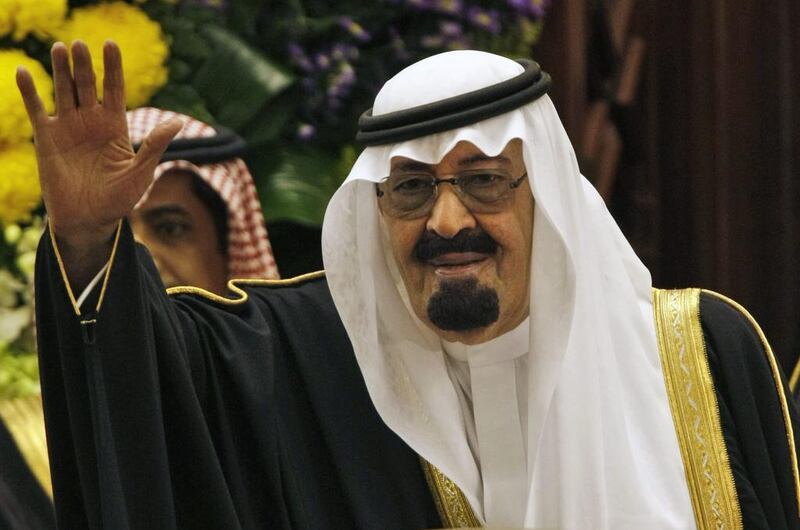The former British ambassador to Saudi Arabia says the reforms introduced by Crown Prince Mohamed bin Salman "are what Saudi needs" and what the late King Abdullah wanted for his country.
Sir John Jenkins, who was ambassador in Riyadh until 2015, said the British government had been urging the kingdom for 30 years to implement such reforms.
He told The National that economic reforms and social openness in Saudi Arabia would prove to be vehicles for producing more jobs and strengthening the private sector, thus diversifying the economy.
“This is not an overturning of the system by MBS, it is what late King Abdullah wanted and what we are seeing is a continuity,” he said, adding, “Saudi Arabia is more of a pluralistic society than people on the outside are willing to acknowledge. Recognising this diversity helps in understanding the undergoing changes.”
He said social reforms, such as allowing women to drive and opening cinemas, constituted a reversal of the conservative policies that ensued after the Mecca siege in 1979. “Absolutely, this is a re-foundation of a new social contract," he said.
Sir John also served in Iraq, Syria, Kuwait, the UAE and Libya and is regarded as the UK's most senior Arabist. with keen insight into the region. He spoke to The National at a conference hosted by Policy Exchange in Washington on Tuesday, where he took part in a panel discussion with former US official and senior fellow at the Brookings Institution Tamara Cofman Wittes on "The Islamist challenge at home and abroad."
Sir John warned that Islamist movements pose great danger for stability and progress in the Middle East.
"It seemed after 1982 (Hama massacre), and the cracking down on the assassins of President Anwar Sadat, that radical Islamism had been smashed. As it turned out, it was merely incubating future and even more savage insurgencies," he said.
He acknowledged the part the West had played in the 1920s in helping to create flawed states which bred deep discontent. A more resurgent Iran and radical Islamists have fed on that discontent ever since, Sir John said, describing different Islamist movements — from Turkey's AKP to Lebanon's Hizbollah to the Muslim Brotherhood — as a "toxic soup of ideology.
In 2014, he led a policy review into the Muslim Brotherhood and Political Islamism for the British government but it was never made public.






